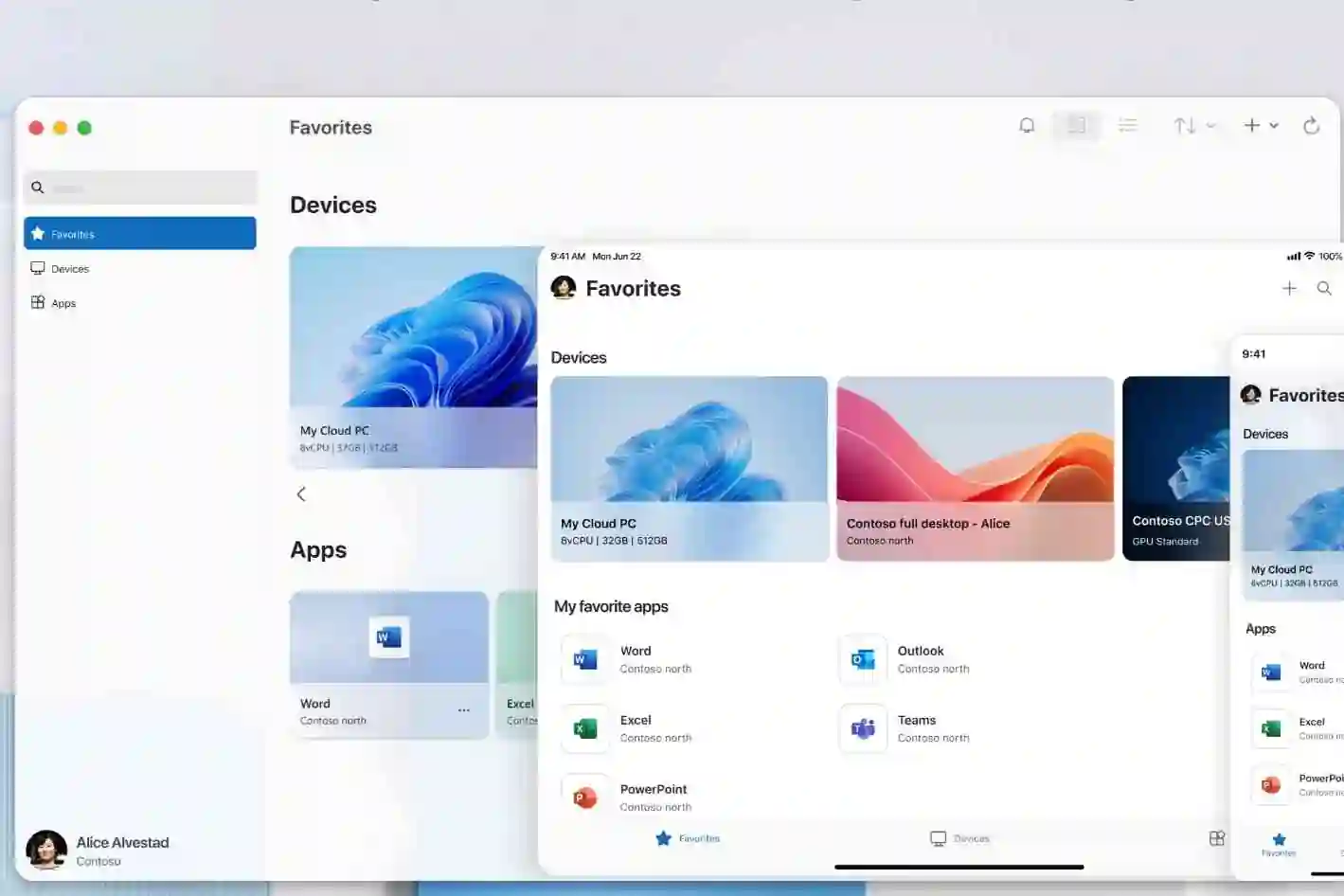In the world of finance, mutual funds stand out as one of the most popular and accessible investment vehicles available to both novice and seasoned investors. If you're new to the world of investing, understanding mutual funds is essential for building a solid foundation for your financial future. In this beginner's guide, we'll explore what mutual funds are, how they work, and why they are a popular choice for investors.
What are Mutual Funds?
At its core, a mutual fund is a pooled investment vehicle that allows individuals to invest their money collectively with other investors. Fund managers oversee these pools of money and invest them in a diversified portfolio of securities, such as stocks, bonds, and other assets, based on the fund's investment objectives.
How Do Mutual Funds Work?
When you invest in a mutual fund, you purchase shares of the fund, which represent your ownership stake in the underlying portfolio of securities. The value of your shares fluctuates based on the performance of the securities held by the fund. Mutual funds typically offer two primary types of shares:
1. Open-End Funds: Embracing Fluidity, These Investment Vehicles Adjust Share Availability in Response to Investor Demand. The price per share, known as the net asset value (NAV), is calculated at the end of each trading day based on the total value of the fund's assets minus its liabilities.
2. **Closed-End Funds**: Unlike open-end funds, closed-end funds issue a fixed number of shares through an initial public offering (IPO), which trade on stock exchanges like individual stocks. The price of closed-end fund shares is determined by supply and demand in the secondary market and may trade at a premium or discount to their net asset value.
Advantages of Investing in Mutual Funds
Mutual funds offer several advantages for investors:
1. **Diversification**: By pooling money from multiple investors, mutual funds provide access to a diversified portfolio of securities, which helps spread risk and reduce the impact of individual stock or bond performance on your investment.
2. **Professional Management**: Fund managers conduct research and make investment decisions on behalf of investors, leveraging their expertise and experience to maximize returns and manage risk.
3. **Liquidity**: Open-end mutual funds offer daily liquidity, allowing investors to buy or sell shares at the end of each trading day at the current NAV.
4. **Accessibility**: Mutual funds are accessible to investors of all experience levels and investment amounts, making them an ideal choice for beginners looking to start investing.
Conclusion
Mutual funds offer a convenient and accessible way for investors to participate in the financial markets and build wealth over time. By understanding the basics of mutual funds, investors can make informed decisions that align with their financial goals and risk tolerance. Whether you're saving for retirement, education, or other long-term objectives, mutual funds can play a valuable role in your investment portfolio. As with any investment, it's essential to conduct thorough research, assess your investment objectives, and consult with a financial advisor to ensure that mutual funds align with your overall financial plan.












